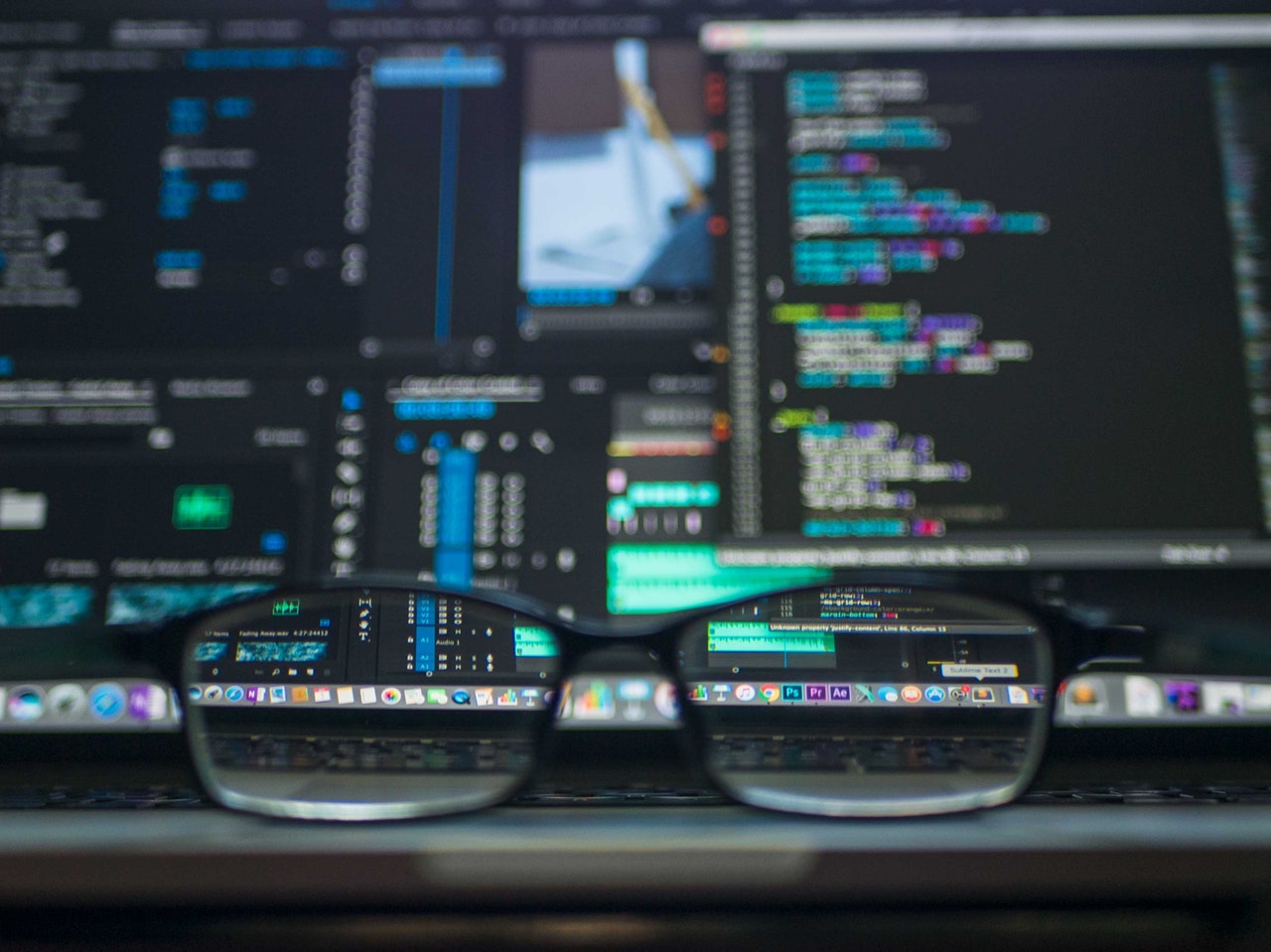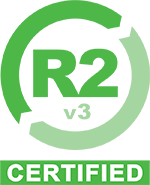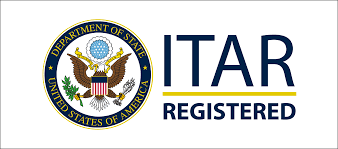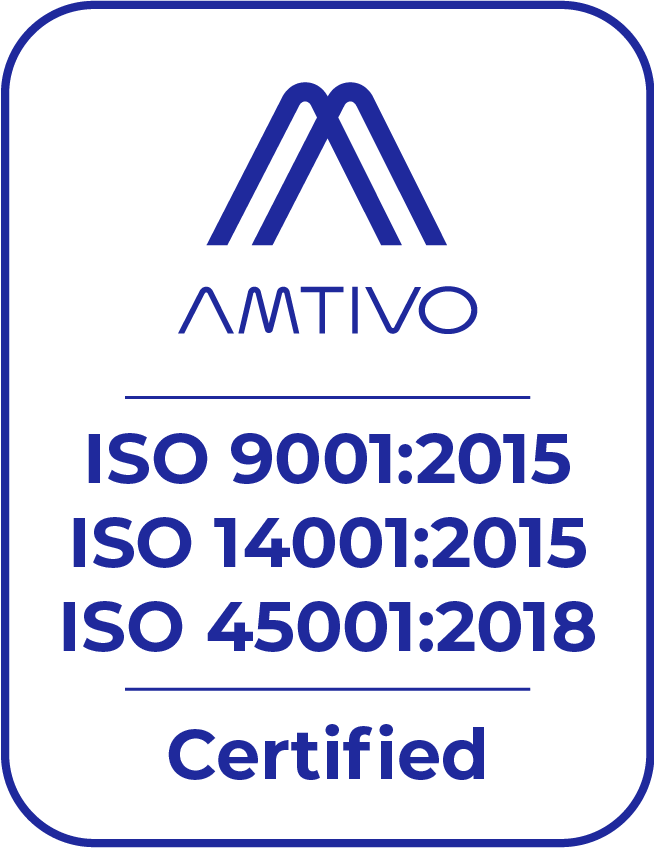
The failure to properly wipe sensitive or confidential data from off-lease, excess inventory, consumer returns, or obsolete equipment can result in serious consequences. With your company’s reputation and bottom line at stake, you can’t afford to take any risks.
A fully insured, auditable and accountable data wipe solutions team is your best protection. But how can you be sure you have found a remarketing partner that can fully protect your brand with secure data erasure and data destruction services?
The answer is standardized procedures.
Standardized procedures ensure that a company is using global best industry practices. They establish a culture where operations are being constantly assessed and approved. They create a sustainable and auditable environment.
This sort of consistency and accountability is of the utmost importance in the electronics reuse and recycling industry, where high-quality and secure data erasure is an absolute must. Understanding the global standards can shed light on why standardized procedures are key to secure data erasure and the protection of your brand.
Standardized procedures ensure secure data erasure
ISO 9001 (Quality)
ISO 9001 is a globally recognized standard developed and published by the International Organization for Standardization (ISO) that provides requirements for an organization’s Quality Management System (QMS). It is part of a family of standards, often referred to collectively as the ISO 9000 series, that focuses on quality and customer satisfaction.
Since a QMS constantly improves and monitors all areas of the business, benefits include better efficiency, less waste, increased productivity, and improved customer acquisition and retention. Essentially, an ISO 9001 certification means consistency in measuring and monitoring quality.
To fully understand ISO 9001 conformity in the supply chain, it’s important to note that a company’s products and services cannot meet ISO 9001 standards, only their QMS can. But an ISO 9001-certified QMS should give you confidence in a company’s ability to provide consistent, conforming products or services.
It is also important to note that ISO publishes the requirements but does not certify organizations. Any business large or small can claim to have a QMS that meets the requirements of ISO 9001. Therefore, impartial third-party assessments to becomes ISO 9001 certified are essential to verify conformity and instill confidence that the requirements of the standard are being met.
ISO 14001 (Environmental)
ISO 14001 does for the environment what ISO 9001 does for quality control. The ISO 14001 — which like the 9001 is the flagship standard in a larger family of standards — is an internationally recognized standard that provides requirements for an environmental management system (EMS).
An EMS helps companies identify, manage, and improve their environmental impact through more efficient use of resources and reduction of waste.
Like the 9001, third-party verification guarantees requirements of the most up-to-date standard are being fully met. Furthermore, like the 9001 and all ISO management system standards, ISO 14001 includes the need for continual improvement of an organization’s systems and approach to environmental concerns.
OHSAS 18001 (Health and Safety)
The 18001 Standard was developed by the Occupational Health & Safety Management System (OHSAS) to address standards in a company’s worker health and safety plan.
While ISO 14001 holds a company accountable for consistent, sustainable and high-quality standards in its external environment, OHSAS 18001 does the same for the internal environment by ensuring a healthy and safe environment for the company’s workers.
The standard was intentionally developed to work in tandem with the ISO 9001 and ISO 14001 standards to allow for integration of Quality, Environmental, and Occupational Health and Safety (OHS) management systems by organizations. The three align well to ensure a company is committed to a high-level of sustainable, auditable, and high-quality standards in quality control, employee health and safety, and environmental issues.
R2 (Electronics Reuse and Recycling)
The standards set forth in ISO 9001, IS0 18001, and OHSAS 14001 apply to all types and sizes of organizations. But in the electronics reuse and recycling industry specifically, the SERI R2 Standard is the leading global certification standard.
A facility cannot meet the R2 certification without first meeting the standards of the ISO 9001, ISO 14001, OSHAS 18001. In other words, you know your R2-certified supply chain partner complies with comprehensive quality standards, environmental standards, worker health and safety standards, as well as best practices in data security and electronics recycling.
We’ve written recently about why working with an R2 certified partner is crucial when looking for a remarketing partner. But further understanding how the R2 standard and the other global standards should do more to illuminate why partnering with an R2-certified solutions team for your data wipe and destructions services is critical. R2-certified facilities go through rigorous audits on an annual basis by certified bodies to ensure that materials are clear of all confidential and personal residual data, electronics for reuse are tracked throughout the supply chain, and downstream vendors are vetted in accordance with best industry practices.
Department of Defense 5220.22M and NIST 800-99
No post on secure data erasure would be complete without mentioning DoD 5220.22M and NIST 800-99. The former is a data sanitization method that prevents recovery methods by overwriting existing information on hard drives and other storage devices. The NIST 800 Series — a set of documents that describe United States federal government computer security policies, procedures and guidelines — evolved as a result of an exhaustive effort to establish methods that optimize the security of information technology and networks in a proactive manner. At Mainstream Global, our high-volume processing equipment, which for your convenience can be deployed at your own site, meets both of those standards as well as all other internationally recognized standards.
Constantly assessed, approved, and improved. Sustainable. Auditable.
These are words associated with standardized procedures. Consistency in quality, safety standards, environmental obligations, and industry best practices. Accountability. These are the reasons why standardized procedures are key to secure data erasure, and why you should care.
Mainstream Global, Inc., headquartered in Lawrence, Mass., owns and operates processing centers in Colombia, Peru, Chile, Argentina and Brazil. With over 18 years of directly servicing and re-selling assets from top tier manufacturers, Mainstream Global is the recognized expert in the region. Our partners rely on us for compliance, security, professionalism, and brand protection, all while providing the best returns and prioritizing global environmental standards.
Read More
4 Requirements to Capitalize on Secondary IT Markets in Latin America
Why Working with a R2-Certfied Supply Chain Partner is So Crucial
This is Mainstream Global – Your Edge in Reverse Logistics





